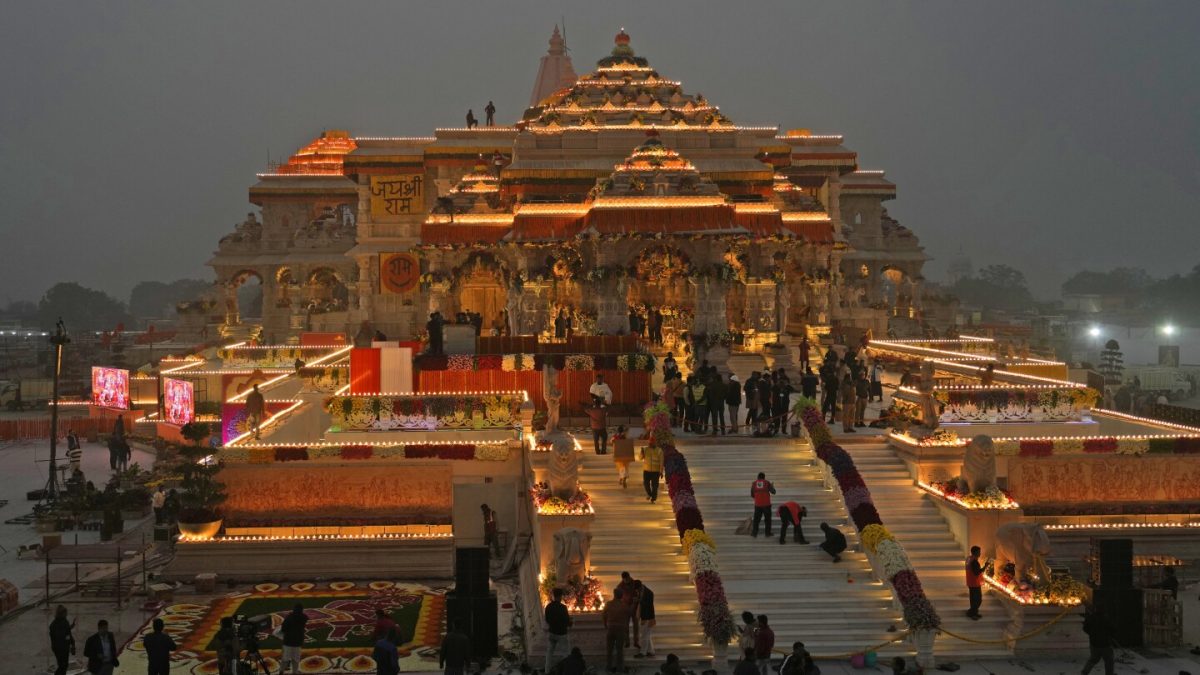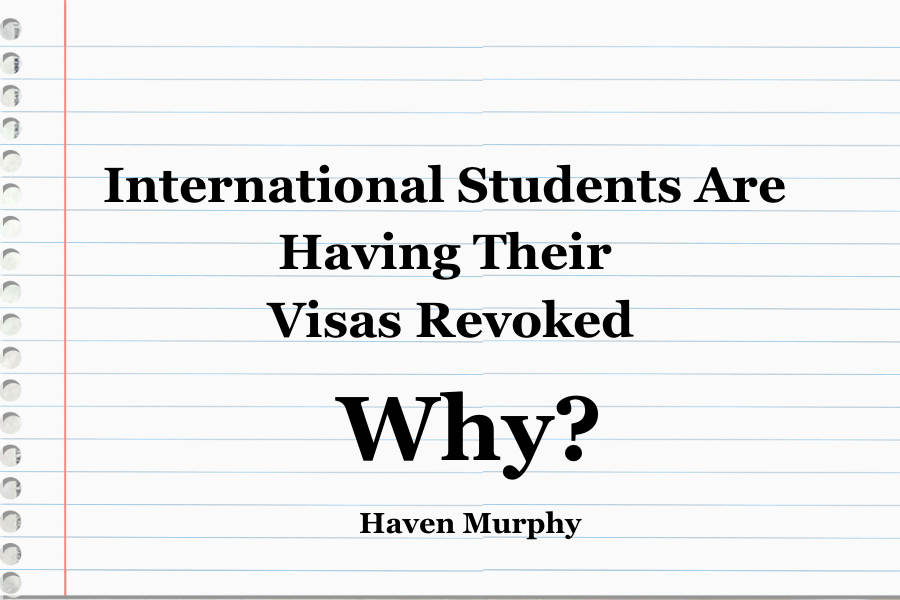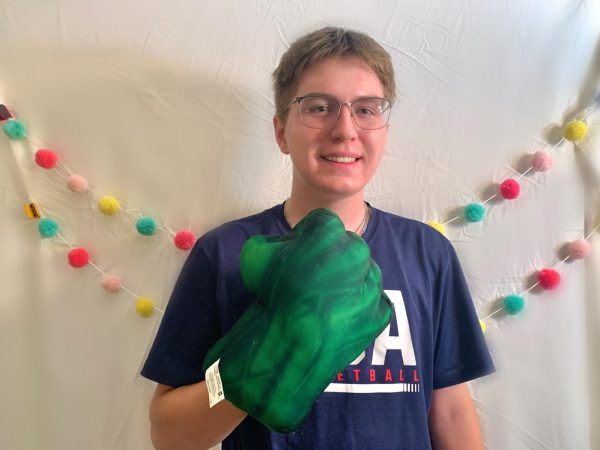On Jan. 24, 2024, India’s prime minister Narendra Modi inaugurated the newest Hindu temple in the city of Ayodhya, which rests on top of the ruins of what was once a mosque. The ceremony of 8,000 guests was in celebration of the magnificent structure built in the city to celebrate the birthplace of Lord Ram, a widely worshiped deity of chivalry and virtue. As of now, the temple is not fully constructed and will not be complete until 2025.
Plans were created by Prime Minister Modi, who has remained in office since 2014 and is a current member of the Bharatiya Janata Party. For context, this party is known to hold more conservative views for the future of India, and had promised for several years to go through with building the Ram temple. Modi has become extremely controversial due to his Hindu nationalist policies and has had unproven accusations against him of stirring violence in India. The Babri Masjid mosque, built in 1528, used to rest in the same location as the Ram temple. However, in 1992, a mob destroyed the mosque, who to this day have not been convicted of the crime. Escalations in India have only heightened since the ceremony, with an increase of Hindu protests and a growing opposition toward Muslim minorities residing in the country. In Purola township, spray-painted “X” marks cover Muslim businesses and spark fear within the Muslim community. Paintings of Lord Ram have become increasingly popular, specifically in northern India due to the deeply religious ties they hold in the region. While Muslim citizens make up 14% of the total population, they were once the majority. Ever since the Islamic Mughals ruled over India until the 18th century, there have been those of Hinduism faith that see Muslims as colonizers, killers and a threat to India.
The historical conflict between Muslims and Hindus is deeply rooted into India’s culture, with tensions dating back to the medieval period. Over time, cultural and religious differences brought about periods of progress and setbacks. The partition of India in 1947, which separated a Muslim centered population into what is today Pakistan, escalated tensions, leading to violence and mass migrations. These religious conflicts have waged back and forth for hundreds of years. India and Pakistan have experienced periods of continuous conflict, such as the killing of over 50 people in an anti-Mulsim riot in 2020. With the addition of modern media, India has access to share opinions that are not entirely based on fact, which has increased hatred for Islam and Hinduism through the voices of religious extremists.
Due to Prime Minister Modi’s actions, the religious battle in India continues to move further away from a solution for peace. The ongoing hate towards Islam by a Hindu minority that does not represent the entire country has disrupted the progress in India and has let down the ideas held in their democracy and improvements regarding social justice.









